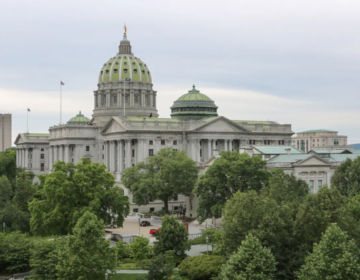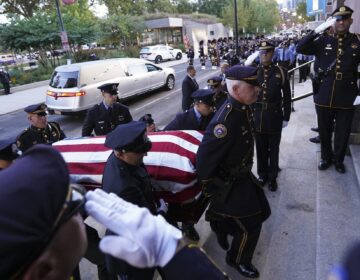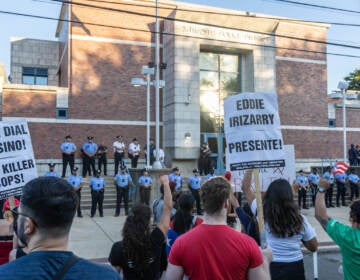In State College, a police shooting and calls for action, not more committee reports
The police killing of Osaze Osagie has sparked protests and the creation of The 3/20 Coalition, named for the date Osagie died.
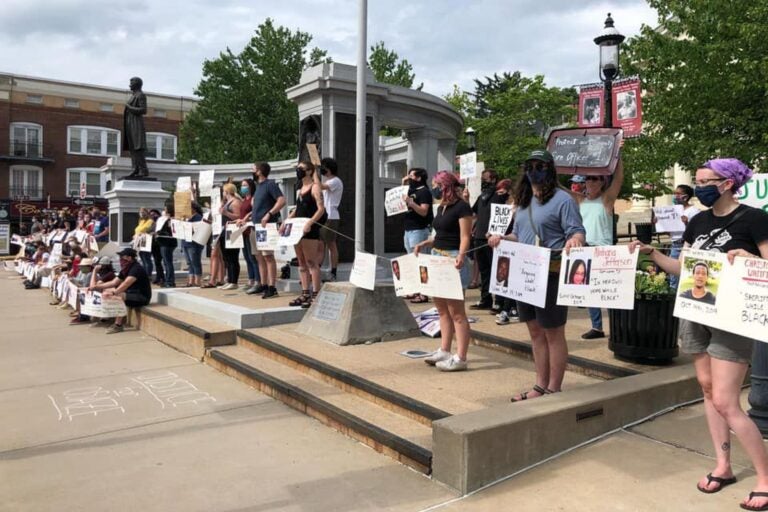
(320 Coalition)
This story originally appeared on Spotlight PA.
___
Spotlight PA is an independent, nonpartisan newsroom powered by The Philadelphia Inquirer in partnership with the Pittsburgh Post-Gazette and PennLive/Patriot-News.
This story first appeared in our free weekly newsletter. Sign up here.
In March 2019, a State College police officer shot and killed Osaze Osagie, a 29-year-old Black man in the midst of a mental health crisis. The killing and the police department’s refusal to name the officers involved sparked protests and the creation of The 3/20 Coalition, named for the date Osagie died.
Gabriel Green, a Ph.D. candidate studying English and African American and African Diaspora at Penn State University, is a member of the coalition and has spent years advocating for police reform in the community. Spotlight PA spoke to him as part of a new series contrasting the demands for police reform in communities across the state to the actions taken so far by the state legislature.
Tell me about the police in the State College area and their relationship with the community.
I think that’s a two-part answer. The first side of that … is that it’s very community-oriented. That they’re here to protect and serve. It’s Happy Valley and so there’s this idea that we’re a very safe place.
The reality of what that relationship is, and this is especially the case for folks of color, is that folks see the police here as an extremely white presence and extremely marginalizing presence, and one that for some folks — and I will say, myself included, right? — represents a level of fear because most of the cops that are here, they don’t look like me.
What does police reform look like to you?
I am very much a proponent of defunding the police. By defunding the police, I mean taking funds from the police department and reallocating those funds towards community services. What that looks like is reallocating funds that could otherwise go to education, healthcare, homelessness, mental health assistance, and things like that.
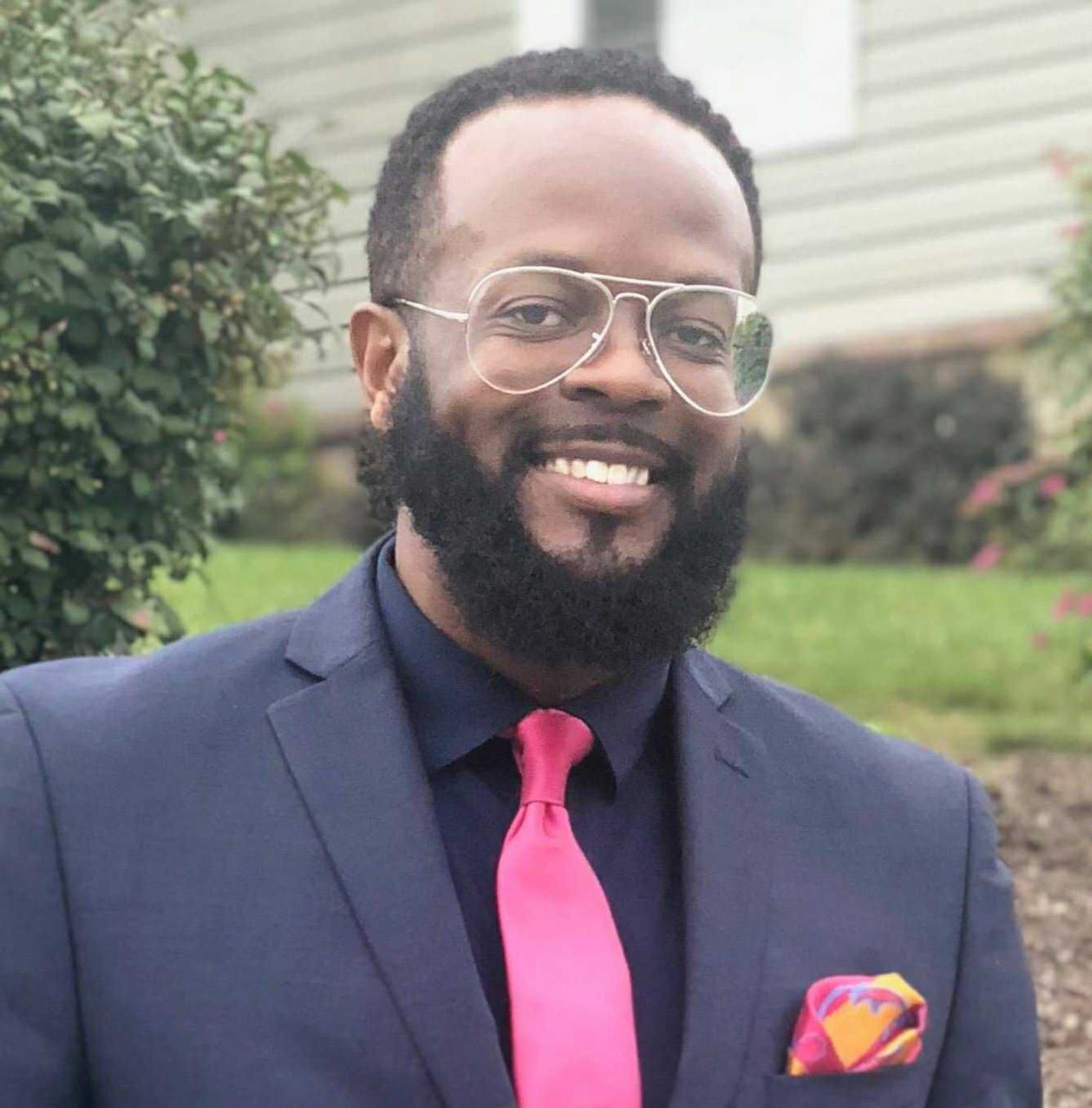
If you had a magic wand that could make the legislature produce a police reform bill tomorrow, what would it be?
This would be a massive reallocation of funds and resources … towards community initiatives. Also, putting the police in situations where they are doing things they only need to do, strictly public safety. Like, stopping people from driving drunk … first responders to emergencies, like active shooters and things of that nature.
How can this be achieved?
Community members can keep the pressure on city leadership. That means, keeping up direct action and protests and things of that nature. That means going to the town hall meetings and staying in the ear of these congressmen and council members. It means holding them accountable in a way that, “Hey, these are the things that we want and if you do not follow through on them, we will make sure that you don’t have that seat in the future.”
 100% ESSENTIAL: Spotlight PA relies on funding from foundations and readers like you who are committed to accountability journalism that gets results. If you value this reporting, please give a gift today at spotlightpa.org/donate.
100% ESSENTIAL: Spotlight PA relies on funding from foundations and readers like you who are committed to accountability journalism that gets results. If you value this reporting, please give a gift today at spotlightpa.org/donate.
WHYY is your source for fact-based, in-depth journalism and information. As a nonprofit organization, we rely on financial support from readers like you. Please give today.


